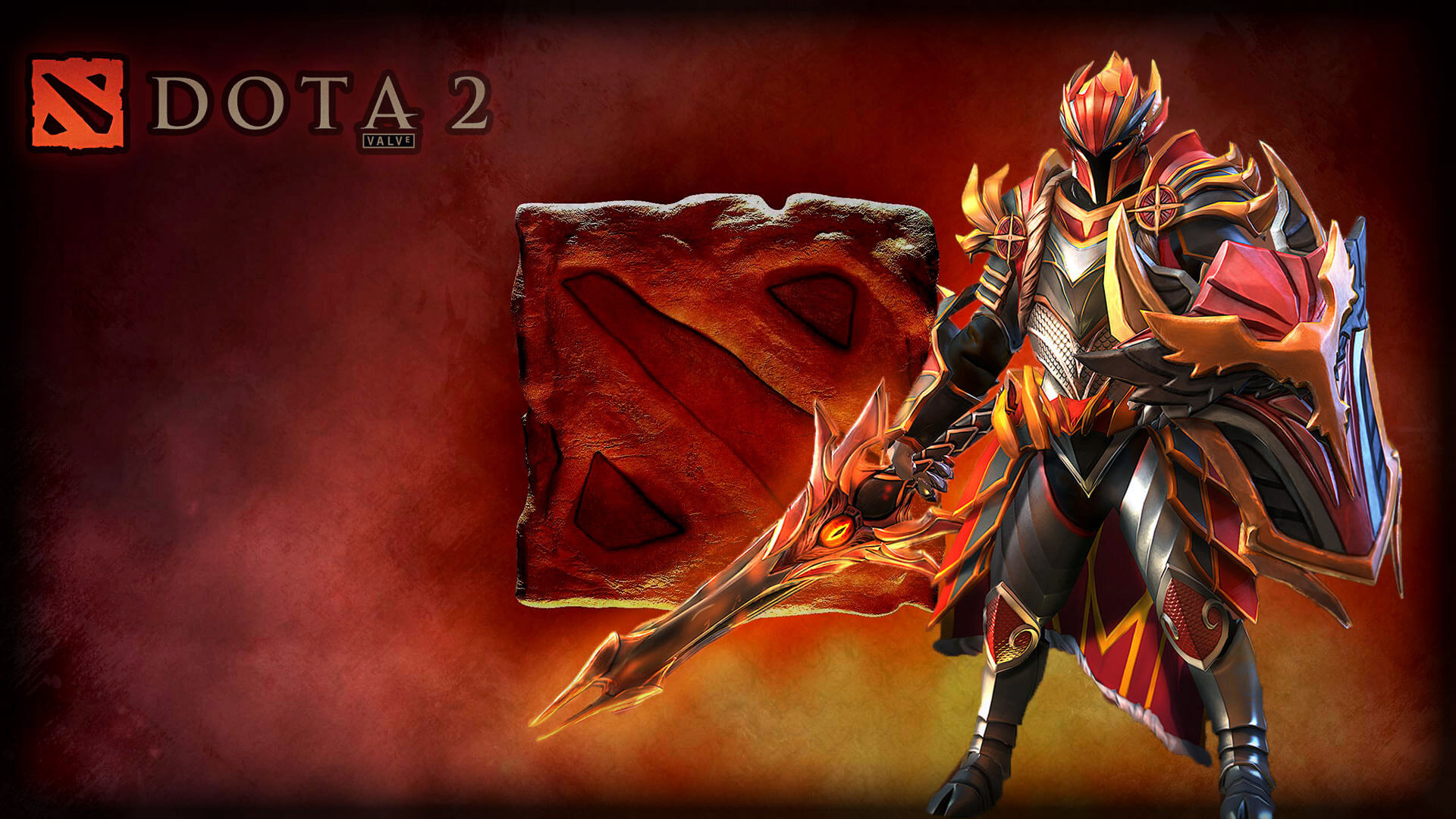eSports, or Electronic-Sports, mark a brand new age of technology, where people from all over the world gather to compete in their favourite online games in the hopes of earning prizes ranging from celebrity status to huge prizes. Not only do people compete, but hundreds of thousands watch and support their favourite games and eSports athletes. Worldwide, competitions are hosted to facilitate the greatest players of some of the most popular competitive games from around the globe.
More and more games are being designed with competitive play in mind; titles such as Overwatch– a First-Person Shooter- have already built a competitive scene only 5 months after the game’s official release in May. The growth of eSports has been greatly attributed to South Korea after their Ministry of Culture, Sports and Tourism established the Korean e-Sports association to help make competitive online gaming more prolific in the country. The United Kingdom has its own national body centered around eSports: the British eSports Association. The non-profit organisation supports and promotes eSport around the UK, with goals such as to increase awareness and provide expertise.
eSports is incredibly diverse and takes its shape in a variety of different gaming genres, such as first-person shooters and multiplayer battle arenas. Not only are the genres itself diverse, but with the games being accessible worldwide, its players are diverse too.
One of the most popular eSports games currently is Counter-Strike: Global Offensive, a first-person shooter developed by Valve. After its huge success in America and Europe, it is currently gaining traction in China. A higher population means many more viewers, future eSports fans and sponsorships. First-Person Shooters are an incredibly popular eSport genre due to being built around competition; taking inspiration from typical war-based military simulations. This typical battle format has gained a huge fanbase and is one of the most accessible genres in the gaming industry; resulting in a huge competitive scene, too.
Another popular genre in the eSports industry is MOBA, or Multiplayer Online Battle Arena, that also takes inspiration from military style games. Competitive games such as League of Legends (Riot Games) and DOTA 2 (Valve) fall into the MOBA category and have large fanbases, possibly due to their more strategic and intense gaming style.
eSports as a career offers fantastic opportunities, such as travelling all over the world to compete in different locations, gaining fame, and – of course – competitive gaming experience. One of the UK’s largest competitive teams, Fnatic are worth more than 40 million dollars, with over 2 million followers on social media. Although they mainly operate in London, many team members are from elsewhere in Europe.
Gaming tournaments offer huge prize pools, with the current largest being $18,429,613 at the DOTA 2 International 2015. The North American team Evil Geniuses took home a portion of the jackpot, with each of the five players taking home over 1 million dollars. The International eSports tournament is regarded as one of the most popular competitions, with over 32 million tuning in to watch Evil Geniuses’ victory.
Although there has been debate over whether eSports should qualify as an actual sport, it is clear that -despite not showing ‘athletic’ prowess we’d normally expect- we can still witness great competitive feats and intense experience through video games. The eSports industry can only expect growth as more games and technology are developed to accommodate competitive gaming.


